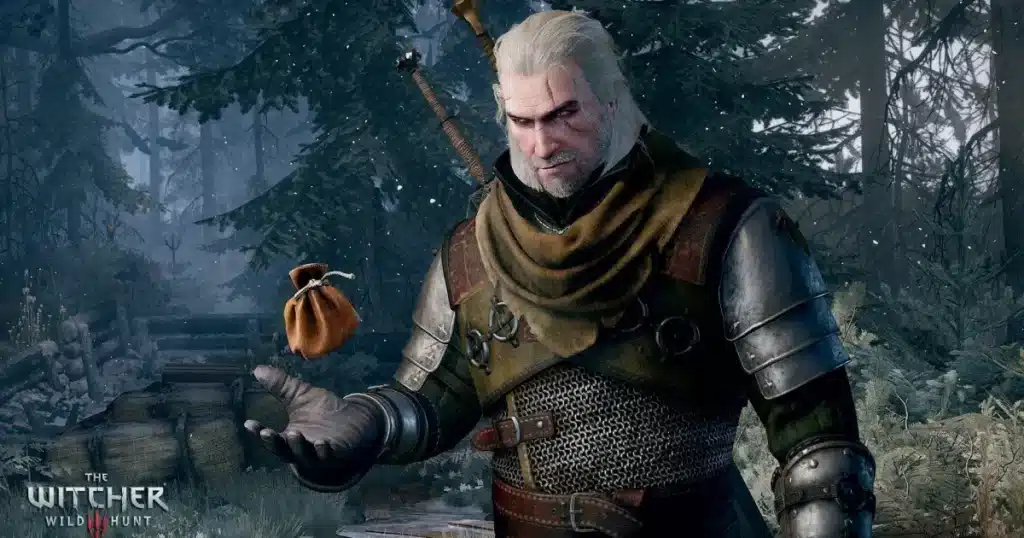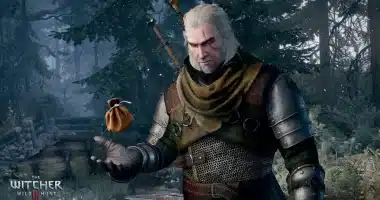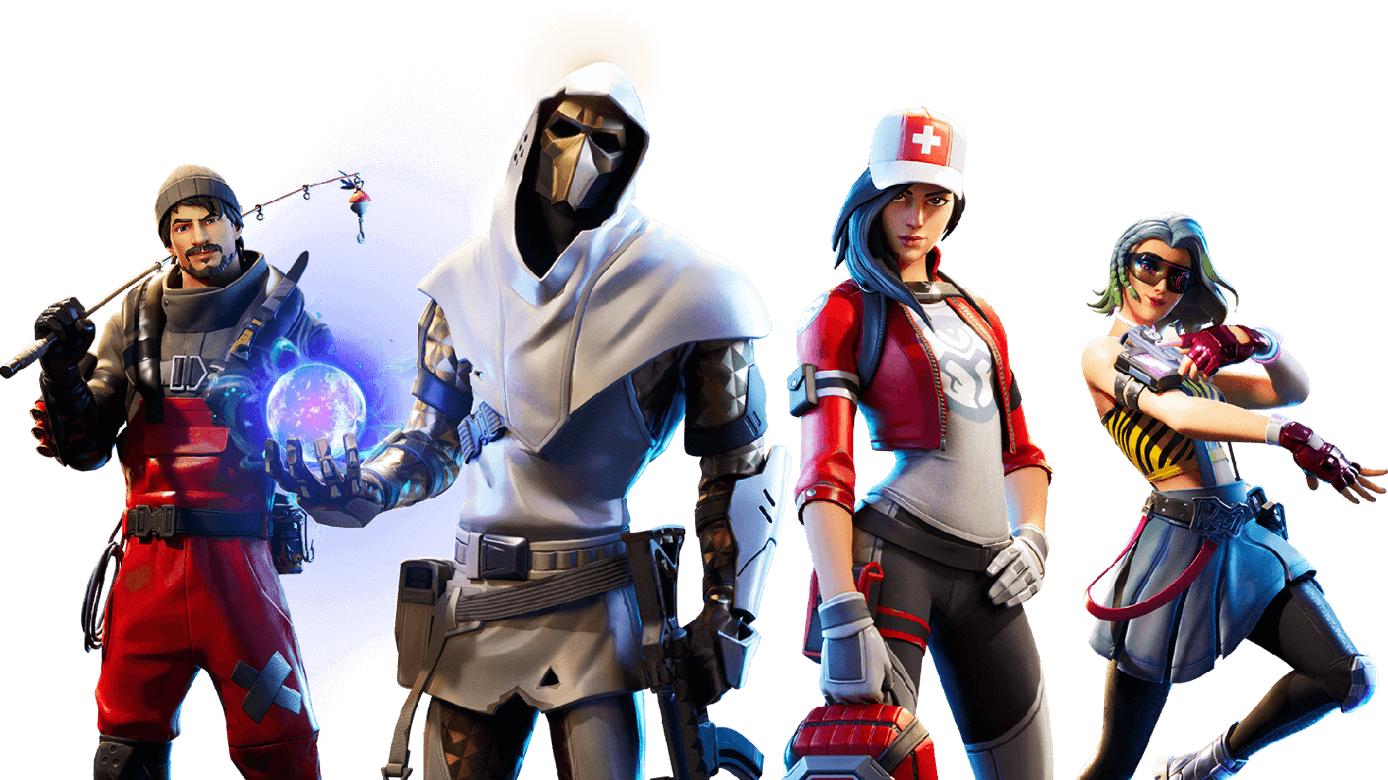The Witcher 3: Wild Hunt, an expansive RPG developed by CD Projekt Red, transcends the realm of gaming by immersing players in a morally intricate world. This article will deeply explore how the game confronts societal biases and prejudices, unraveling the complex ethical dilemmas presented within its narrative. Geralt of Rivia’s journey becomes a lens through which we examine the game’s portrayal of societal prejudices and the profound moral implications these biases hold.

Navigating Societal Biases in The Witcher 3: Wild Hunt
Encounters with Prejudices
Geralt, as a Witcher, faces societal prejudices due to his supernatural abilities. The game eloquently portrays the discrimination and bias directed at him from various factions within the game world. Players witness firsthand the hostility and mistrust Geralt encounters solely due to his identity as a Witcher, reflecting on real-world prejudices faced by marginalized groups.
Exploration of Discrimination
The narrative intricately weaves instances where Geralt must navigate through discriminatory treatment based on his identity. From being denied entry to certain establishments to facing outright hostility in communities, the game exposes players to the harsh realities of discrimination, inviting reflection on the ethical implications of societal biases.
Impact on Choices and Consequences
The prejudices Geralt faces influence player choices, emphasizing the ripple effect of societal biases on the game’s narrative. Decisions made regarding interactions with biased characters directly impact relationships, quests, and storylines, highlighting the ethical weight of choices amid societal prejudices.
Confrontation with Moral Ambiguity
As players progress, the game compels them to confront moral ambiguities arising from societal biases. Geralt’s interactions challenge players to question the validity of prejudices and biases ingrained within the game world, fostering ethical reflection about the repercussions of discriminatory beliefs.
Moral Relativism and Decision-Making
The Witcher 3 skillfully presents scenarios that blur the lines between right and wrong, provoking players to consider the moral relativism embedded within societal biases. Players grapple with decisions where actions perceived as ‘right’ might contradict prevailing biases, fostering critical thinking about ethical decision-making.
Challenging Player Perspective
Through the game’s narrative, players are encouraged to challenge their own biases and perspectives. The experiences of Geralt navigating societal prejudices offer an opportunity for players to reflect on their own biases and preconceived notions, promoting introspection about personal beliefs and societal conditioning.
Evolution and Recognition
As the game progresses, Geralt’s actions influence perceptions of Witchers, showcasing the potential for societal evolution. The narrative highlights the importance of recognizing and addressing prejudices, offering glimpses of societal change through player-driven actions within the game world.
Promoting Empathy and Understanding
The Witcher 3 fosters empathy by providing insight into the experiences of marginalized individuals. Through Geralt’s encounters, players develop a deeper understanding of the impacts of discrimination, nurturing empathy for marginalized groups and their struggles against societal biases.
Reflection on Real-World Parallels
The game’s portrayal of prejudices prompts players to draw parallels with real-world biases, sparking discussions about the ethical implications of societal prejudices in contemporary society. It invites critical analysis and contemplation about the consequences of societal biases in our own world.
Conclusion
The Witcher 3: Wild Hunt stands as more than just an epic fantasy game; it serves as a mirror reflecting societal biases and prejudices. Through Geralt’s journey, the game confronts players with ethical dilemmas and societal biases, fostering introspection about discrimination, moral choices, and the ethical responsibilities inherent in combating prejudices.


